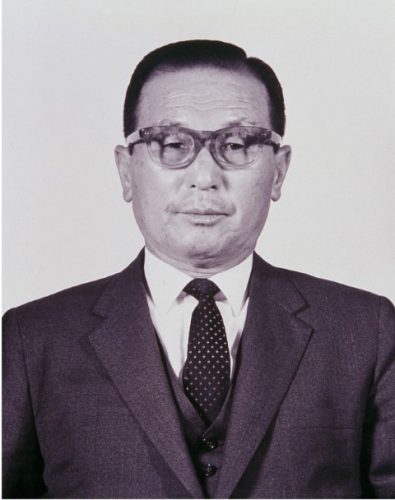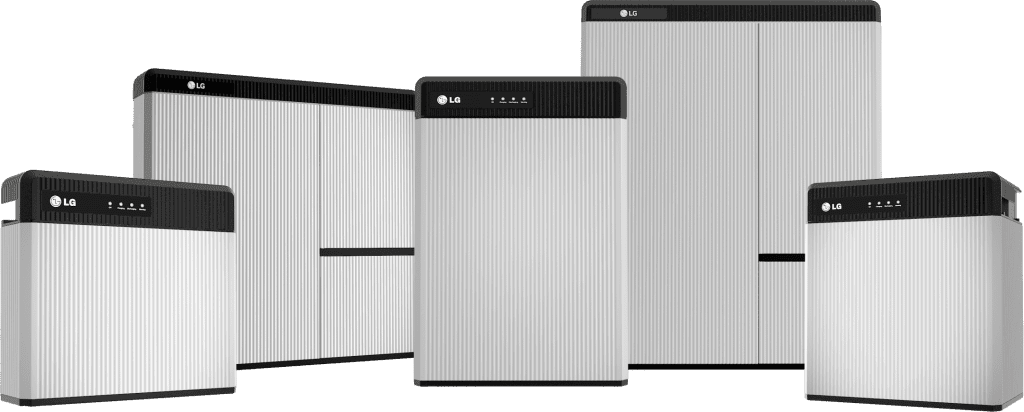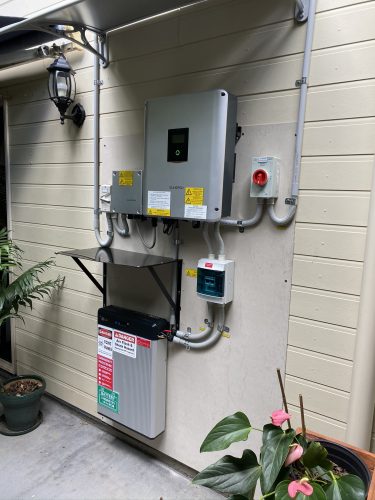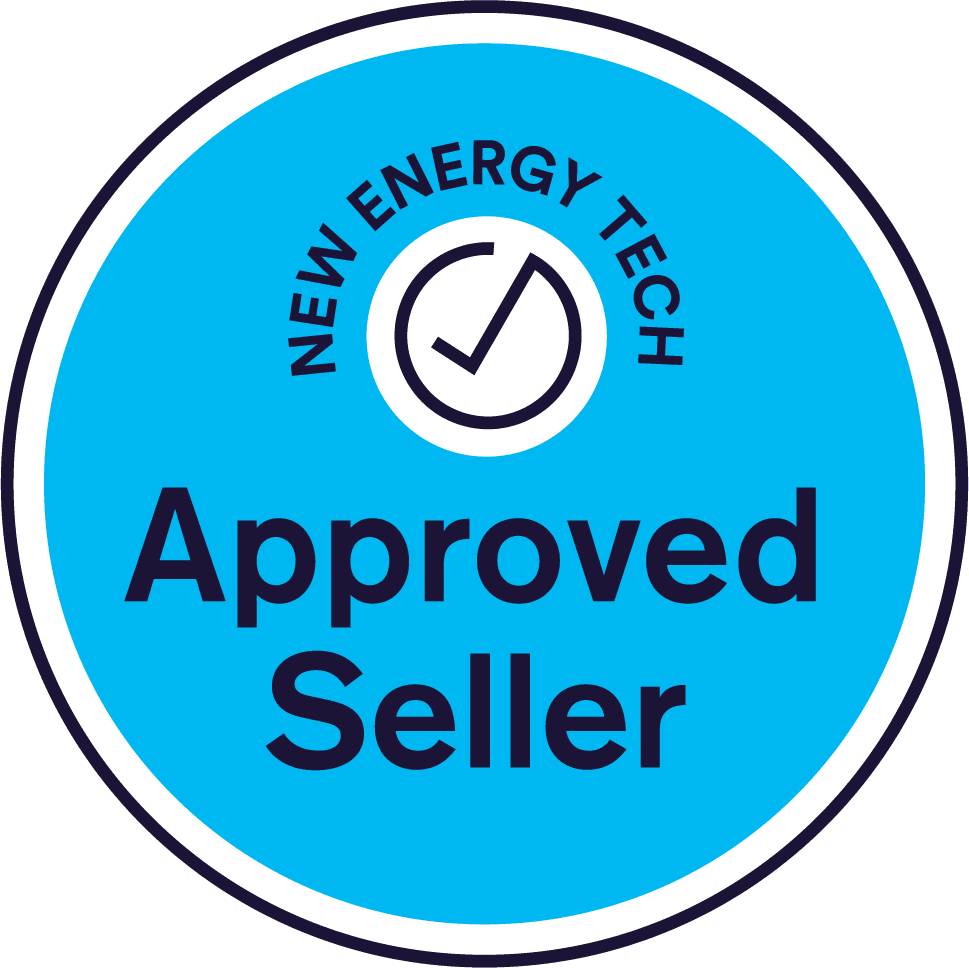Who are they?
LG Chem(ical) is part of the South Korean LG Corporation. I’m sure you know them. LG has been around since 1947, with revenues of just under AUS$220 billion, and hundreds of thousands of people under their employ. It was founded by Koo In-hwoi (pronounce hwe), and his first product was a face cream! These days they have three main divisions: electronics (TVs, phones, fridges, AC units, etc – and military electronics); telecommunications (only in Korea); and chemicals. The chemicals unit, LG Chem, is involved in cosmetics, household goods, soft drinks – and, of course, industrial chemicals. This is the part of interest to us, because as well as manufacturing plastics and electronic components, they make batteries and solar goods.
Fun fact: LG stands for Lucky-Goldstar.
LG Chem itself has revenues of almost AUS$40 billion, and tens of thousands of staff. They started mass-producing lithium batteries in 1999, and is one of the world’s largest producers of lithium batteries. Their cells are used in electric vehicles by manufacturers including Hyundai, Audi, Ford, Volvo, Renault, and GM – only Panasonic and three Chinese companies produce more EV cells – Panasonic for Teslas, and the Chinese companies mainly for Chinese EVs. They also make batteries for phones and for energy storage – from household to utility scale.

Source: https://en.wikipedia.org/wiki/Koo_In-hwoi
What do they do?
GI Energy were the top supplier in the recent Queensland Government battery rebate, installing over 400 batteries in about a year. For this, we primarily used LG Chem Resu batteries. They come in three sizes; 6.5kWh, 10kWh, and 13kWh for low voltage (48V), and 10kWh for high voltage (400V).
The average household uses about 40kWh a day on average, and the average 6.6kW solar system should generate 30kWh per day. The issue is that solar is generated during the day, and power is often used at night (unless you use timers or diverters such as the Fronius Smart Meter or Powerdiverter), so you might not have a bill for 10kWh – it could be 20kWh or more! That’s where energy storage (a.k.a. a battery) comes in! A battery can store excess power during the day, and release it at night.

The current LG Chem Resu solar battery lineup
Of course, the bigger the battery the better! The problem is a bigger battery also costs more money, and honestly, batteries are still very expensive. Most people under the rebate opted for 6.5kWh, which is enough to power most of your house (excluding heating (hot water) and cooling (AC), which use huge amounts of power) for several hours. Put another way, compared with buying energy from the grid, you’d save ~$1.50/day – which, over the 10 years covered by their warranty, is $5500 (even more if energy prices increase, which is very likely).
A couple things worth knowing about batteries. Take the LG Chem Resu 6.5, for example. Although it’s advertised capacity is 6.5kWh, you can only “use” 5.9kWh – the last 10% is not usable. Also, the maximum discharge rate is 4.2kW, meaning it cannot power a 5kW AC unit. A Resu 10 has 8.8kWh usable and 5.0kW discharge, so it can power the 5kW AC unit – but only for about one hour and 45 minutes.
What else is there? Well, they have a 10 year warranty, and are IP55 rated (meaning they’re dust protected and protected against water jets).

LG Chem Resu 6.5 battery with a Sungrow SH5K-20 5kW inverter
If you do decide to get a battery installed, make sure you go with a reliable installer with experience. In October 2019, new standards were released (AS/NZS 5139:2019), which mandate a bunch of new rules when it comes to installing batteries – for example, many labels, as you can see in the above photo! Cheap or inexperienced installers may not be aware of these new standards (or may ignore them), and that could put your safety at risk – or, if your install was audited, may be turned off and not be turned on again until it is rectified – potentially at your cost. Buyer beware.
LG Chem also manufactures solar panels. LG panels are some of the best in the market – with a price to match. We’ll do an article on the LG panels at a later date. All they’re missing is an inverter!
Conclusion
Although not the biggest battery manufacturer in the world, they’re a big player in the solar and EV lithium-ion battery market. As with all LG products, they come at a premium price (although not as much as the US Tesla or German sonnen), but their quality and warranty make it a wise decision. After all, there are hazards associated with batteries – it’s not something you want to skimp on. It’s for this reason we’re put our trust in LG Chem Resu batteries.











